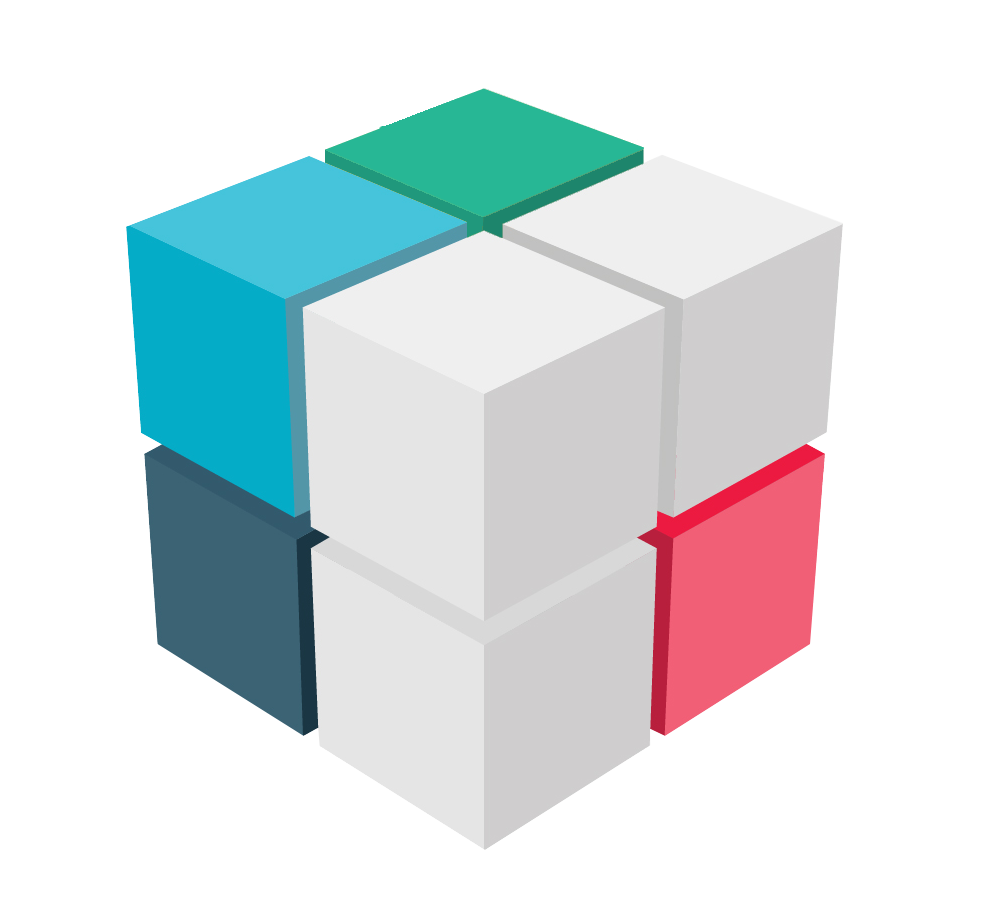Crisis in Indonesian cities:
Due to complicated supply systems, consumers in Tier 2 and Tier 3 Indonesian cities sometimes pay more for items than their counterparts in major cities like Jakarta. With its distribution network and a direct-to-consumer social commerce app, KitaBeli is on a mission to alter that. The business disclosed a $20 million round of additional fundraising headed by Glade Brook Capital Partners, with participation from AC Ventures, GoVentures, and new backer InnoVen Capital. TechCrunch highlighted KitaBeli's most recent investment: a $10 million Series A in March 2021.
The expansion of KitaBeli:
Using the funds, the organization will expand into smaller Indonesian cities and introduce new product categories, such as those for mothers and babies, personal care, and beauty. According to KitaBeli, Indonesia's Tier 2 and Tier 3 cities represent a $100 billion market with 200 million customers who contribute more than 50% of the country's GDP. However, they have more significant difficulties purchasing online than their counterparts in Tier 1 cities like Jakarta. The complexity of the supply chain can lead to long delivery delays, higher pricing, and trust concerns from clients who don't know who the seller is. For same-day and next-day delivery, KitaBeli has established a warehouse in each location where it conducts business. It saves money by buying items directly from companies and principles, which it then passes along to its clients. Co-founder and CEO Prateek Chaturvedi tells TechCrunch that he was surprised by the differences and similarities between the Indian and Indonesian e-commerce marketplaces when he relocated from India, where his previous business GetFocus was purchased by Mokapos. For instance, e-commerce in Tier 2 cities lagged behind Tier 1 cities in development.
KitaBeli’s Marketing Strategy:
While they dug a little further, they discovered that consumers in these smaller communities are making their first online purchases, they have trust concerns with these faceless businesses, and they want assistance and direction when using the app. KitaBeli experimented with social aspects in its app as a consequence, such as having agents, known as Mitras, in each area, recommendations, and group purchasing. Since they are regularly bought, fast-moving consumer products were chosen as KitaBeli's initial category. Users launch the app, place an order, and then get rewards for telling their friends about their purchases on KitaBeli. Customers of KitaBeli utilize it to buy essential goods, including rice, oil, sugar, milk, and personal care products. Each user spends $5 to $10 on each purchase, according to Chaturvedi, and each group typically comprises 5 to 25 individuals. Instead of having massive distribution centres, KitaBeli may expand its distribution network by constructing local warehouses in each location. Their technique reduces the number of days each item spends in inventory. Reducing the amount of stock in the warehouse allows them to utilize less space, which lowers the cost.























